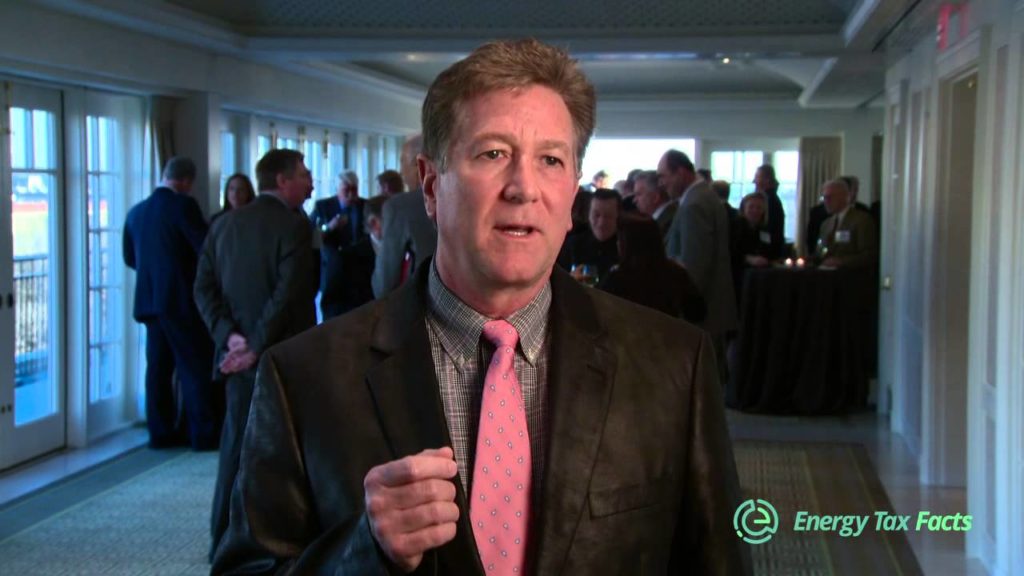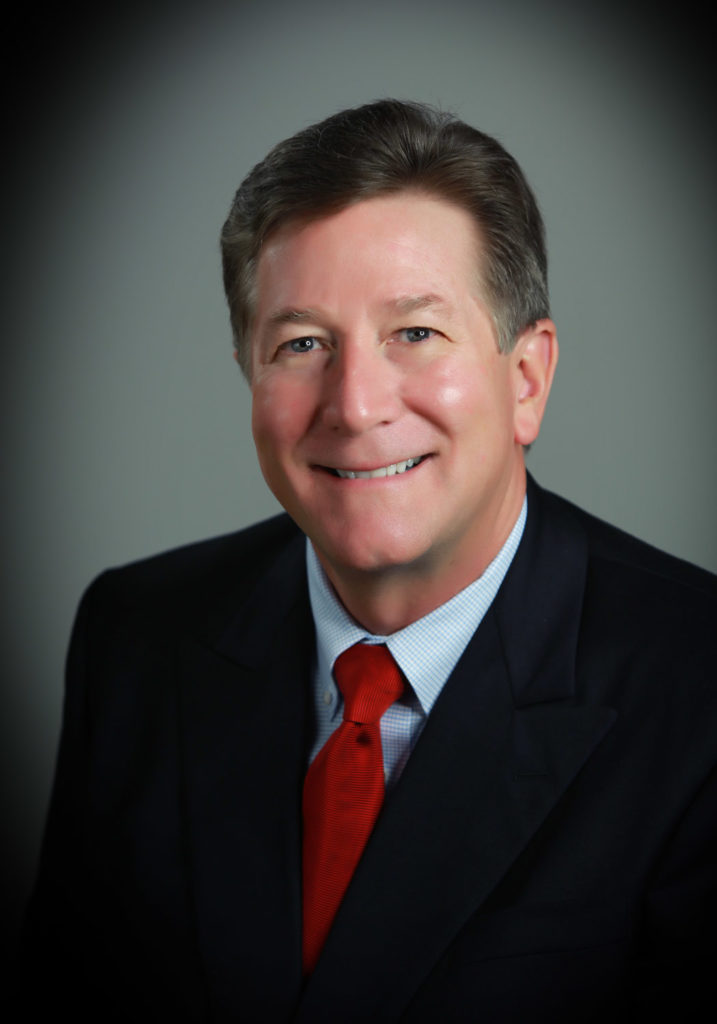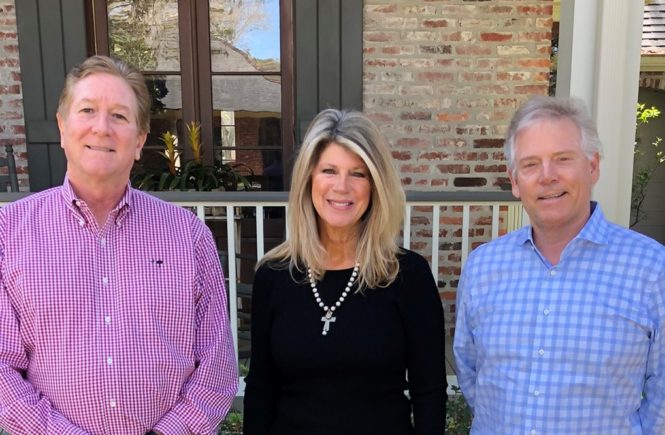Podcast: Play in new window | Download (Duration: 1:01:48 — 84.9MB)
We welcome Louisiana-based oil entrepreneurs Charlie Goodson, CEO of Petroquest, and Mark Miller, CEO of Merlin Oil &Gas, to discuss the current state of the energy industry, as well as how the war in Ukraine has affected the prices of fuel for people worldwide.
Both are active operators in the industry with over 40 years of experience and have served on the board of the Louisiana Oil and Gas Association for years as well as being spokespersons for the industry on the national level. They speak of the challenges that face operators, both big and small, as they determine the best way to invest millions of dollars that may take years to recoup.
“We’re victims of our own success, as our friend Paul Hilliard of Badger Oil Corporation likes to say. We’ve been so good at what we do in this business that politically, we’re being punished in Washington, who look at oil and gas men and women as people of immense wealth. That’s not the case.”
Investments in new drilling operations are not made lightly, as they can take four or more years to come to fruition if made onshore, and five, ten, and up to fifteen years if situated in the deepwater Gulf. And to raise money in today’s climate, oil and gas entrepreneurs rely upon high-net-worth individuals to invest in their ventures; Environmental, Social, and Governance (ESG) criteria are becoming an increasing megatrend causing investment funds to steer away from funding traditional drilling ventures in lieu of renewable energy projects.

“There are a lot of reserves left but finding people willing to put up the capital and ride through the regulations put upon us is very difficult. If an oil company drills a well today, it will be produced at prices two to five years from now and no one knows what that will be. “
With political winds shifting rapidly, seasoned professionals must navigate the landscape that determines their ability to stay afloat financially. And these two men’s companies are among the few remaining active in Louisiana after we lost so many oil and gas companies following the 2015 collapse in energy prices, the devastation of the COVID pandemic causing oil to trade below $0 briefly in 2020, and the relocation of many companies to others states in the wake of Louisiana legacy lawsuits.
A brief history of how energy sources have evolved seems in order so that we can understand where we are today and how to bridge the gap to total reliance upon renewable energies. In the mid-1800s, coal was the #1 source of fuel in the Industrial Revolution. In 1865, oil was discovered and unleashed untold potential in manufacturing and transportation capabilities. And interestingly, natural gas had been used for centuries, including by Native Americans in the U. S. (and back to 500 B. C. by the Chinese who used bamboo “pipelines” to transport gas that had seeped to the surface to boil water), but only became a viable widespread source of energy for home heating and cooking, and commercial manufacturing and processing plants, once pipelines began to be built in the 20th Century. Nuclear energy was expected to be the bridge fuel from hydrocarbons but the trifecta of the Chernobyl, Three Mile Island, and Fukushima disasters put the kibosh on that.
While many environmentalists push for a quick jump into total reliance on renewable energies such as wind and solar along with a transition to electric vehicles, both guests affirmed that it will take 50 to 100 years to accomplish a total transition away from fossil fuels. Mark noted that he has a 20-year old petroleum land intern who is expecting the oil and gas energy business to be her career for the next fifty years. And with everyone desiring to find a sustainable way to move from hydrocarbons to renewable energy, Charlie noted JP Morgan Chase’s CEO Jamie Dimon’s thought that the world needs a Marshall Plan for the U. S. as to how we should move forward. Charlie Goodson’s dream is to look toward the future saying, “What is our next energy source that our grandkids can use as effectively as what we have today?”
Short-term political solutions that limit drilling and pipeline construction are causing long-term pain for the consumer as the current energy shortage, along with the war in Ukraine, has interrupted adequate supply distribution.

“The only way the industry can be successful is with long-term investments. As for the ‘9000 permits’ Biden speaks of, that’s like having 9000 cans of beans in the cupboard. You can’t use those all at once. Companies have to drill one well, then set up the next one. You have to have the capital and cash flow, and the process doesn’t happen overnight. A permit is one rung of the ladder. You can’t currently get pipeline permits. You have to get clean air permits, road permits, and so on. We need a rulebook that we can follow,” says Charlie Goodson.
It was in 2008 during the global financial crisis that horizontal drilling and hydraulic fracturing (‘fracking”) of natural gas took off. That was the beginning of the end for South Louisiana’s production as our region doesn’t have the reserves of North Louisiana, Texas, Pennsylvania, Oklahoma and West Virginia. As Mark Miller noted, “Unfortunately since South Louisiana doesn’t have a lot of shale, it’s left us in the rearview mirror.”

“New LNG plants won’t be licensed by the Biden administration. The political agenda has totally changed in the last 30 days, if you go back and listen. If peace breaks out, it will go back to the same. Political winds change so fast in this industry and we need years to make a decision. And, circumstances can change in 30 days. For the last 20 to 30 years, the U. S. energy industry worked to build our independence, which we all benefit from today. We’re insulated from a total collapse in supply,” says Mark Miller.
The largest reserves of natural gas resources in the world are found first in the United States, and second, in Russia. China is the #1 consumer of coal in the world and relies upon LNG imports from Russia. Natural gas is the cleanest, readily available energy resource that could supply the world’s energy needs and the U. S. could be the leader in not only supplying the world’s needs but leading the charge to reduce international carbon emissions.
The U. S. has been producing 100 bcf per day of natural gas, but what’s going on now in Europe is totally changing what could be possible. Charlie says the U. S. could ramp up to 120 bcf per day in production, but the government won’t license new plants to accommodate the increased supply. You can’t sell it if you can’t transport it. Mark believes that the halting of construction of the Keystone Pipeline has had a resonating effect on price hikes. And of course, shutting down permitting in the Gulf of Mexico and federal lands has had a major impact on long-term investment in production.

“A lack of understanding is probably the biggest problem we have. It’s not political, just uninformed. Think about going to college for four years and you make a choice about your curriculum and what you’ll graduate in. What if you picked something that was great while you were a freshman but horrible when you’re a senior? That’s where the oil and gas industry is. We make a decision when the price is high and by the time we get out of college, the price is low. With these cycles, you have to risk-adjust. Even with prices high today, prices were extremely low two years ago. We can’t turn projects on and off like a light switch.”
As we closed our interview, both men remarked on the resilience of the oil and gas industry. “Even after Hurricane Ida, the refineries along the Mississippi River and in Lake Charles got back up running quickly. We’re way more resilient than most people realize,” said Charlie Goodson.
We thank Charlie Goodson and Mark Miller for their career commitment to energy production. We take so much for granted as we fill up our vehicles at the pump. We all want a continuing commitment to reducing carbon emissions while keeping consumers able to heat their homes, travel, and be able to afford basic necessities.





